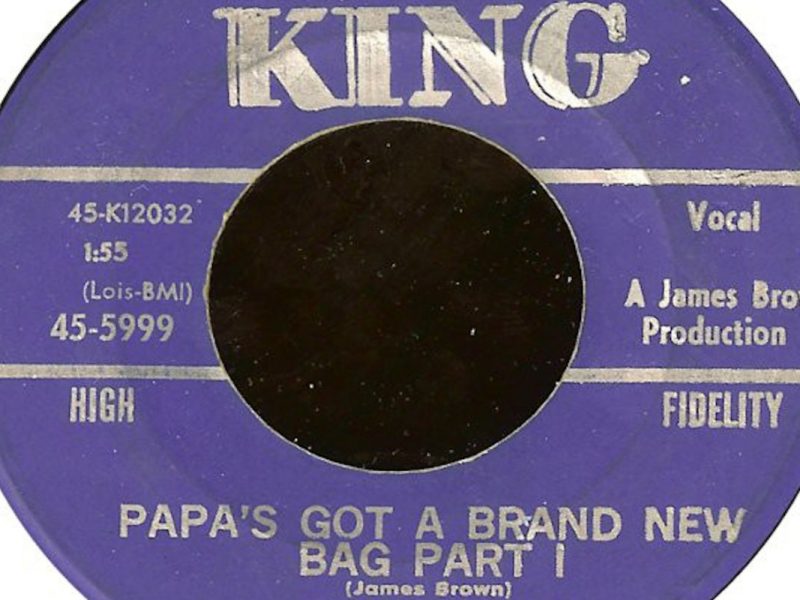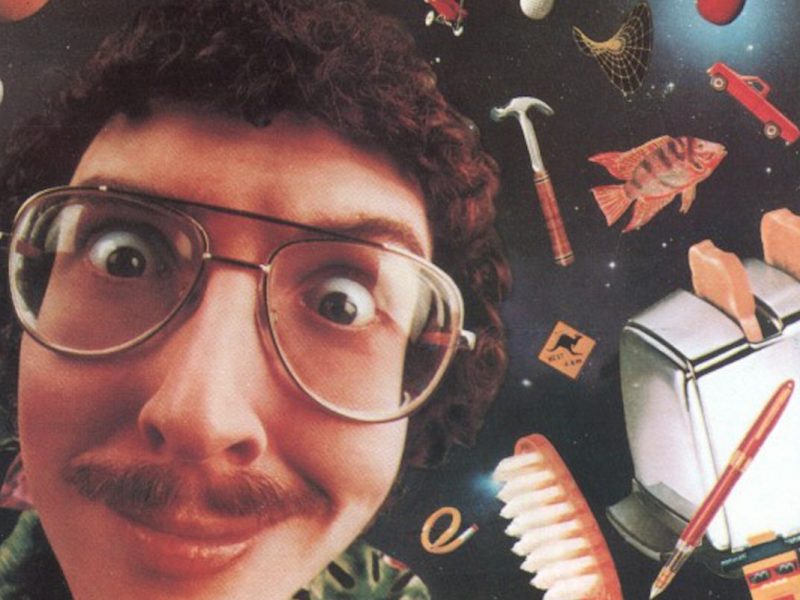In terms of British cultural exports, there may not be a more significant day than Oct. 5, 1962. That’s when the Beatles’ debut single, “Love Me Do,” and the first James Bond movie, Dr. No, were released.
“Love Me Do” was one of four songs – along with “P.S. I Love You,” “Ask Me Why” and “Besame Mucho” – the Beatles played for George Martin at their Parlophone Records audition at London’s Abbey Road Studios in June. The producer thought enough to sign the band, which had been building steam over the previous few years thanks to success in Liverpool and Hamburg clubs. But they weren’t happy with their drummer, Pete Best. So, they replaced him with Ringo Starr.
On Sept. 4, the Beatles returned to Abbey Road for their first proper session, recording “Love Me Do.” But Martin wasn’t sure about their new drummer. So, he brought them back a week later and had session drummer Andy White take over, with Starr playing tambourine. Still, the version with Starr on drums was tapped as their first single; the take featuring White ended up on the band’s debut album, Please Please Me.
With John Lennon’s bluesy harmonica inspired by Delbert McClinton’s work on Bruce Channel’s “Hey Baby,” the song peaked at No. 17 on the U.K. chart. But the Beatles may have gotten some inside help. Rumors persist that manager Brian Epstein ordered somewhere between 1,000 and 10,000 copies for the record department in the store his family owned to boost the song’s chart placement.
Regardless, it performed well enough for Martin to authorize a second Beatles single. In late November, they came back with a faster arrangement of a song they had played for Martin in September, “Please Please Me.” Released in January 1963, the song topped two of the three U.K. singles’ charts, kicking off the phenomenon that, by the end of the year, would be known as Beatlemania.
Listen to the Beatles’ ‘Love Me Do’
Published in 1958, Dr. No was the sixth James Bond novel by Ian Fleming. Around that time, there was already a plan to bring 007 to the screen via a script the author wrote with Kevin McClory and Jack Whittingham. But a few years later, Fleming took their work, called Thunderball, made some changes and fashioned it into the eighth book in the series without giving them proper credit.
McClory and Whittingham sued Fleming. Around the same time, Harry Saltzman and Albert “Cubby” Broccoli purchased the film rights to James Bond. Unable to make Thunderball due to the litigation, they turned their attention to Dr. No.
Several English actors, including Cary Grant and Fleming’s friend David Niven, were reportedly considered for the lead role, but the producers went instead with a Scot, Sean Connery, a journeyman actor whose star had been rising in Britain in the years leading up to his casting as 007. With a budget of only $1 million, Dr. No quickly made back its investment, and a franchise was born.
Even though it would seem like these two pop-culture icons had little in common besides their country of origin, their worlds intersected on more than one occasion. In 1964’s Goldfinger, Bond told a woman that drinking a particular vintage of champagne above a certain temperature was “as bad as listening to the Beatles without earmuffs.” And two actors, Margaret Nolan and Richard Vernon, appeared in both Goldfinger and the Beatles’ first movie, A Hard Day’s Night, the same year.
Watch the Trailer for ‘Dr. No’
The Beatles didn’t seem to mind the jab too much. In their second movie, 1965’s Help!, the quartet got caught up in a globe-trotting plot involving a ring used by an Eastern cult in ritual sacrifices. In true Bond-villain fashion, a pair of scientists believed possessing the ring could help them take over the world.
Paul McCartney even joined forces with 007 in 1973, writing and recording the theme song for Live and Let Die, which Martin produced. Starr took it even one step further, marrying actress Barbara Bach in 1981, four years after her turn as a Bond Girl in The Spy Who Loved Me.
Even as tastes in music and movies changed over the years, t he Beatles and James Bond have both endured. New James Bond films are still made, giving different actors and directors the opportunity to put their own spin on the super-spy, while the Beatles’ music remains as popular as ever, and the two surviving members, McCartney and Starr, still record and tour. And it all started on the exact same day.



